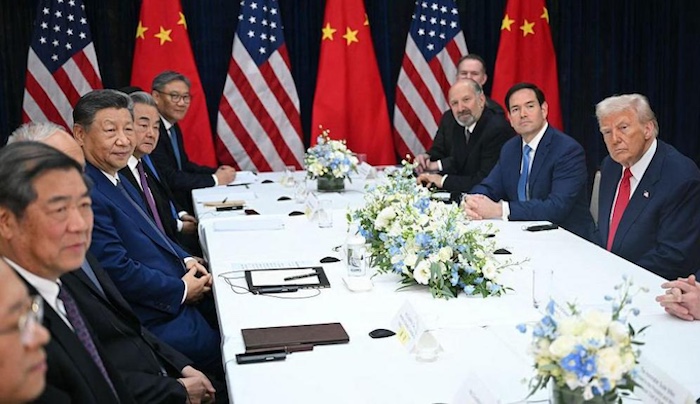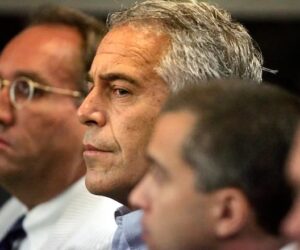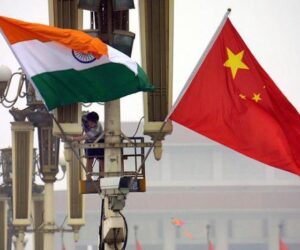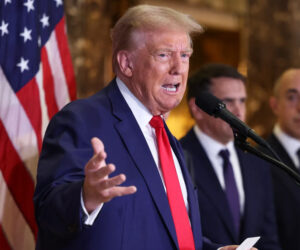US President Donald Trump has announced a significant easing of trade tensions with China, following what he described as “very productive” talks with Chinese President Xi Jinping in South Korea.
Speaking to reporters after the meeting, Trump said the United States would lower tariffs on Chinese imports and that both sides were moving closer to a major trade agreement.
“We can sign a trade deal with China pretty soon,” Trump declared, calling the talks a “breakthrough moment” after months of renewed trade friction between the world’s two largest economies.
The discussions, which took place on the sidelines of Trump’s regional tour, were aimed at resetting relations that had once again soured over tariffs, technology restrictions, and control of critical resources.
Trump also announced an end to what he termed the “rare earths roadblock,” saying China had agreed to grant the United States better access to its supplies of rare earth minerals. These minerals, which are essential components in electronics, electric vehicles, and defence systems, have long been a source of strategic leverage for Beijing.
“Beijing will give us better access to rare earths,” Trump said, suggesting that the agreement would benefit key American industries and reduce dependency on Chinese suppliers.
In contrast, China released a more measured statement, saying that both countries had reached “a consensus to resolve major trade issues” and that the meeting had been “constructive and forward-looking.” The wording underscored Beijing’s preference for a cautious tone, even as both leaders hinted at progress behind closed doors.
Despite the positive developments, no announcement was made regarding the ongoing negotiations over the sale of Chinese-owned TikTok’s US operations, an issue that remains unresolved.
Observers noted that President Xi entered the talks from a position of strength, given China’s steady post-pandemic recovery and its growing influence in global trade. Still, both leaders appeared eager to signal stability in an otherwise volatile economic relationship.
Faridah Abdulkadiri
Follow us on:








